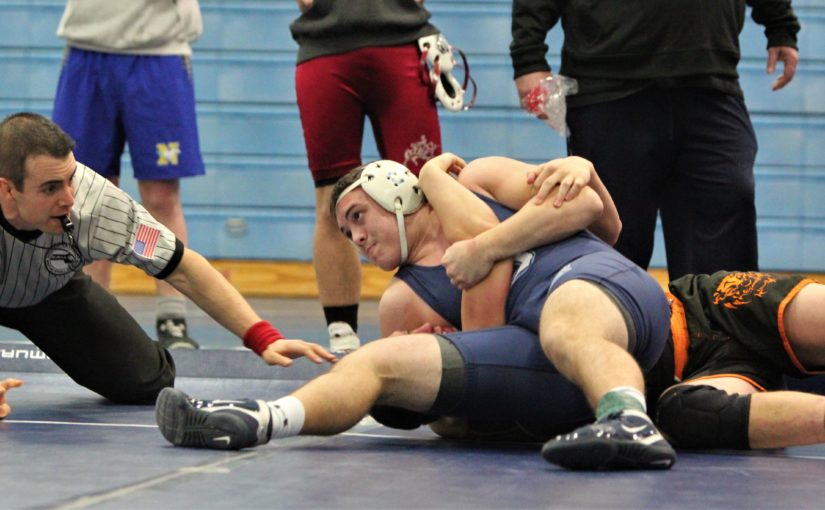NFHS Shares State Updates on Sports Amid COVID-19
According to the numbers obtained by the NFHS, 30 states played football as schedule this fall, with five more states — Alaska, Maryland, Minnesota, New Jersey, and Wisconsin — playing a season without crowning a state champion. The remaining 15 states, including the District of Columbia, delayed football until later in the year.

As for the state of winter sports, NFHS executive director Dr. Karissa Niehoff said that some precautions would have to be in place — from coaches wearing face masks to closing the doors to spectators.
As of October 29, 24 states are planning to move ahead with basketball with no change, 18 states are modifying the basketball schedule, either delaying the start or condensing the schedule, and nine have yet to make a decision.
In wrestling, 14 states are moving ahead as planned, 27 have modified the schedule, and nine have not announced a decision yet.
“We’re seeing in the sport of wrestling, some very creative thinking,” Niehoff said during the briefing. “… Our states are looking at ways to keep teams together in pods, to fully sanitize mats between matches, to encourage multiple singlets to be used and to change after each match into a fresh singlet, to do weigh-ins that are not the entire group, but again in pods, even separate out weight-class competitions.”
Jon Solomon, editorial director of the Sports and Society Program at the Aspen Institute, mentioned a report from Shelby County, Tennessee, which includes Memphis, that out of the first 500 COVID-19 cases linked to schools, either students or staff, 83% were traced back to sports. In Minnesota, officials traced more than, 3,400 cases to sports.
“I think we have to listen to doctors, we have to listen to science,” Solomon said during the briefing. “We want them back as quickly as possible, but cases are going to continue to get worse. Unfortunately, the youth sports system is so fragmented, it’s prevented standard decisions state to state or sport to sport. If you’re in California, you’re probably pretty frustrated seeing Arizona right next to you playing, but we’ve never set that national standard.”












